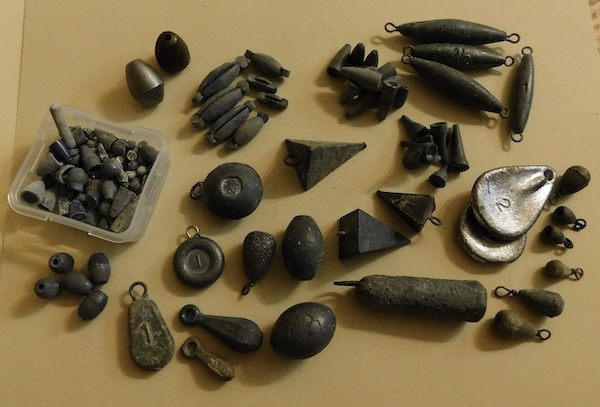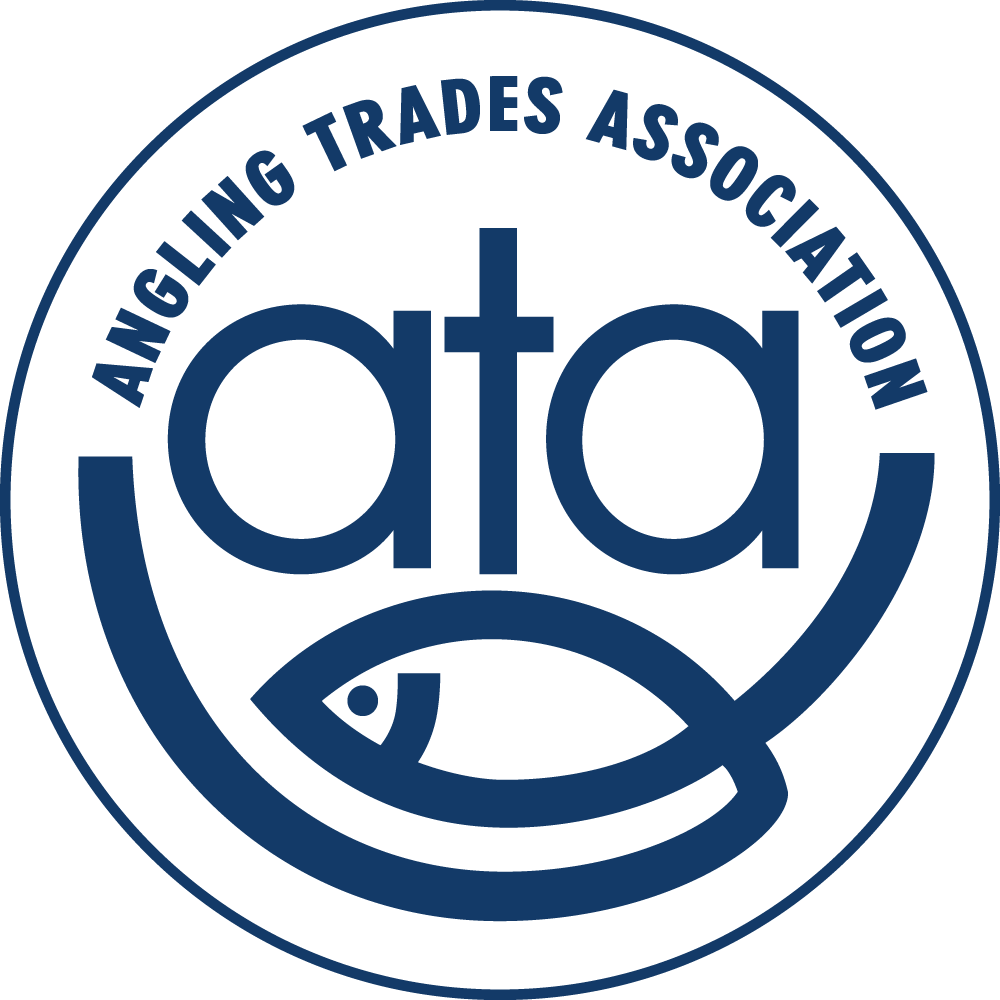
The issue surrounding lead in angling and, specifically its effect on bird life, was first tackled in the UK in 1986 with the implementation of a ban on shot sizes between 0.06g and 28.35g, that’s No6 and 1oz in old money.
Back then, the actions of a few determined souls, and some determined research, helped set a precedent in the UK that saw a dramatic benefit to wildlife and the relationship that angling had with the wider community.
Fast forward to November 17th 2020 and we find this groundbreaking research playing a significant part in discussions between ATA and the European Chemicals Agency (ECHA) on the subject of phasing out lead in Europe.
The fact that the UK had a proven track record on lead along with the research and historical data to match, meant that there was a potential blueprint for ECHA to follow and build upon and subsequent discussions between ATA and ECHA helped to formulate a plan that would achieve the initial aims of a wider European project and give the angling industry time to adapt and move on.
So, here we are in late 2023, with the first indications that proposed restrictions will be published, depending on European Elections and last-minute legal discussions with members states, in the first half of 2024.
When last the scope of the ban was discussed, proposals were in line with the current UK scope on but would potentially include larger sized weights up to 56.7g (2oz). In addition, restrictions and or guidance on practices such as “dropping the lead” and home smelting were also being considered.
Once in force, there was to be a three- to five-year period during which lead could be phased out naturally by the industry, after which some method of enforcement would be adopted. The method by which the latter elements will be policed will no doubt be determined by the level of enforcement facilitated by each member state. Indeed, enforcement in certain countries and regions of Europe already exists in various forms, with anglers being checked for lead as well as their licences when approached.
With ever more scrutiny on the angling industry regardingthe use of lead, amongst other materials, in the aquatic environment, it is vital that ATA maintains its place within a wider European angling trade structure. The UK angling industry, its standards and codes of practice must continue to improve and be maintained to keep pace with necessary changes as we strive to reduce the environmental impact we generate.
Even now, after 38 years in force, there is still the threat of restricted lead shot being sold via online platforms and by unscrupulous overseas suppliers. Any such sales could seriously impact angling’s future in the UK and this threat needs to be challenged.
Future policing of lead sales will also be a challenge and, whilst we are no longer in the EU, the UK government will as is often the case, stay close to EU line when it comes to legislation that affects industry and the environment for obvious reasons.
Whilst this process continues, is up to the UK tackle industry to keep its house in order.
